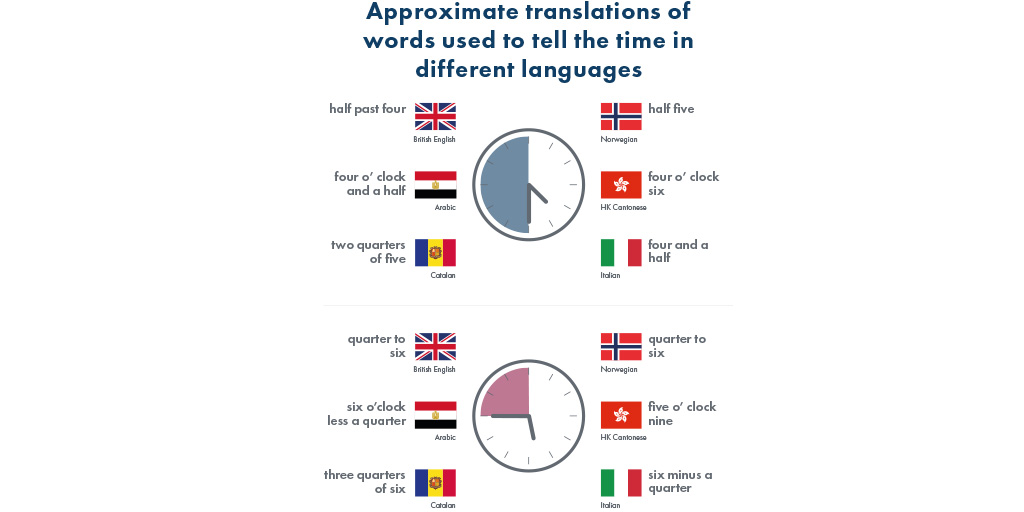04 August 2020

What does research suggest about developing concepts of time?
- Time is complex and foundational for learning within and outside mathematics, and also relies on language, spatial and memory skills; there is a lack of research around concepts of time
- Developing an understanding of time vocabulary, time intervals, elapsed time, and the sequencing of events is important alongside learning to tell the time
- Exploration of a diverse range of representations of time is recommended; in particular moving meaningfully between empty number line representations and circular scales, as on a clock face
- Explicitly instructing students in a systematic way of measuring, telling and calculating with time is supported by some evidence, although exploration and developing intuition by thinking about ideas of duration throughout the school day is also suggested as useful
- Concepts of time, especially elapsed time, are difficult and take many years to develop; it may be useful for children to learn to read digital time before using more complex analogue models
- Understanding and using time involves becoming fluent in visualising, composing and decomposing units, and language can present a barrier to working with clock time
View EspressoView in Norwegian